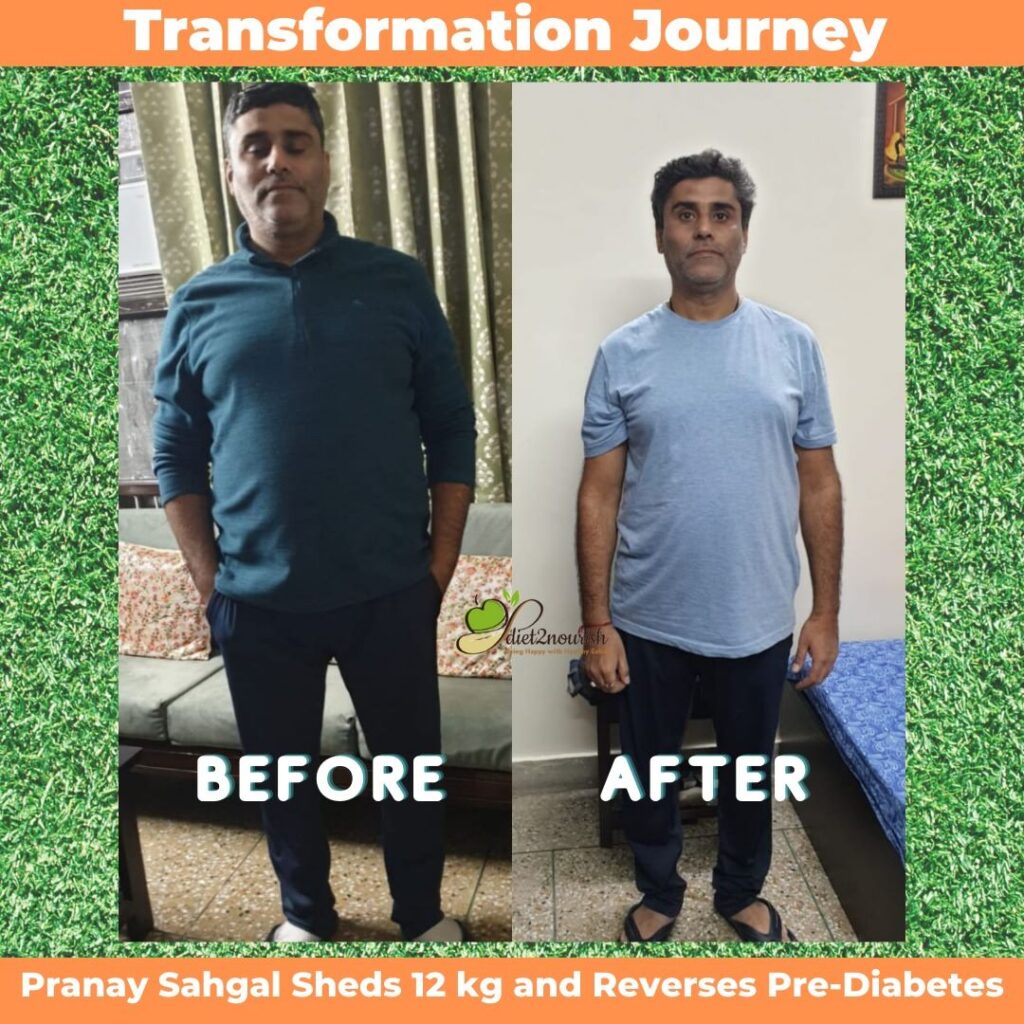Osteoporosis Diet
People do not prioritize their health in today’s hectic world, but it is the most important factor to consider. Osteoporosis is caused by a loss of bone density, which causes your bones to become more fragile and easily broken. Everyone’s bones weaken as they age, but for some people, this process is accelerated. Osteoporosis cannot be changed and is not easily curable, but there are a number of health and lifestyle changes you can make to reduce bone loss. The disease frequently progresses without symptoms or pain and is not discovered until bones fracture.
What is Osteoporosis?
Osteoporosis is a bone illness that develops when bone mineral density and bone mass decline, or when bone quality or structure changes. This can result in a decrease in bone strength, increasing the risk of fractures. However, white and Asian women, particularly older women who have passed menopause, are mostly affected by this disease. Osteoporosis diet including bone strengthening foods, proper medications along with light exercise may prevent bone loss or strengthen bones.
It is critical to strengthen our bones during our first 30 years to ensure that we have enough calcium and other minerals for the rest of our lives. This will help in the prevention of osteoporosis. When you have osteoporosis, you must provide your body with several key nutrients for your bones to be as strong as possible. Osteoporosis diet mainly focuses on improving bone density/mass by addition of Calcium and Vitamin D rich foods combined with some minerals like magnesium which trigger calcium absorption in the bones.
Causes and symptoms
Osteoporosis develops when the person has too much bone mass is lost and the structure of bone tissue changes. Certain risk factors may also contribute to the development of osteoporosis or increase the likelihood of developing the disease.
Many people with osteoporosis have multiple risk factors, but some people who develop osteoporosis do not. Some risk factors you cannot change, while others you may be able to modify. Understanding these factors, on the other hand, may allow you to avoid the disease and fractures.
Symptoms that you need to know
Osteoporosis is also referred to as the silent disease because it typically has no symptoms in the earlier stage.
- You may notice the height loss
- Notice the posture chance
- Breathing difficulty
- Fractures of the bones
- Backache in the lower back.
These are the major symptoms of Osteoporosis. If you notice these symptoms then you should consult your doctor as soon as possible.
Best foods to take for Osteoporosis

Food is the primary cause of your unhealthy lifestyle so you should also give priority to eat some Foods for bone health .You should focus your efforts on eating healthy foods. If you eat healthy foods when you are young, you can avoid risk factors in the future. Keeping a healthy, balanced diet rich in nutrients becomes increasingly important as you age. Specific foods and vitamins can help you avoid osteoporosis while also providing a slew of other health benefits. When you include high vitamin-rich foods in your diet it will keep your body healthier.
Calcium, vitamin C, and vitamin D are essential for osteoporosis prevention. Consuming foods high in these vitamins and nutrients will improve bone health and lower your risk of developing a variety of other conditions as you age. The foods listed below are some of the best for bone health.
Milk and dairy products

Calcium foods for bones and fat sources are essential for our bone health. You can get a high source of calcium in dairy products such as milk, cheese, and yoghurt. A few servings per day will help you get enough calcium but you should not take this as more.
Vegetables and fruits

The produce section is loaded with beneficial nutrients. The following are some of the best fruits and Vegetables for bone strength to preventosteoporosis
- Kale
- Collard greens
- Spinach
- Figs
- Broccoli
- Oranges
- Mushrooms
You can prepare Fruits for bone and vegetables in a way that you like to eat. Consume a few servings per day to provide your body with the nutrients it requires to keep your bones healthy and strong.
Lean Protein
Take high in vitamin D food like Salmon and tuna which mainly aids in calcium absorption. Skinless chicken and other lean meats are also high in protein, which helps with bone density and tissue growth.
Eggs
Eggs are yet another excellent source of vitamin D. Egg yolks, in particular, are high in vitamin D, but they also have some cholesterol. But you can consume eggs in moderation along with other vitamin D-rich foods.
Nuts
Many types of nuts are high in healthy fats, protein, and minerals like calcium and magnesium. You can eat almonds, sunflower seeds, and pistachios these are wonderful nuts that help in the prevention of Osteoporosis. To promote bone health, eat a handful as a snack every day. You can also eat Dry fruits for bones strength.
Foods fortified
Certain foods have been fortified with additional nutrients. Take cereals, orange juice, bread, and other foods that have calcium or vitamin D for your breakfast added to help you consume more nutrients. Fortified foods can be a good alternative if you are lactose intolerant or dislike certain other nutrient-rich foods.
Eat a healthy balanced diet that includes at least 5 servings of fruits and vegetables per day to ensure you get all of the vitamins and minerals your bones require.
Other ways to prevent Osteoporosis
Exercise
We all know that exercise is good for stay fit, but did you know it’s also good for bone health? Exercise stimulates the cells responsible for bone formation. However, not just any exercise will suffice. Weight-bearing and resistance exercises should be done three or four times per week to promote bone health.
Weight-bearing exercises involve carrying your body’s weight against gravity. Walking, running, dancing, aerobics, hiking, and tennis are all excellent weight-bearing exercises. To strengthen your muscles and build bone, resistance exercises use an opposing force, such as weights, an elastic band, or water. Strong muscles and good balance can also help you avoid falls and injuries.
Create Healthy Habits
Your choices, beginning as early as childhood, can have an impact on your bone health in the future. Consider making the following lifestyle changes to protect it:
- Stop smoking.
- Consume alcohol in moderation.
- Keep a healthy weight.
- Consume a well-lanced diet.
- Continue to be active.
Do you believe you are not meeting all of the daily nutritional requirements for optimal bone health? Concerned about other aspects of your life that may contribute to bone loss? Discuss with your doctor what steps you can take right now to help prevent osteoporosis and bone fractures in the future.
Foods to avoid
Some foods cause inflammation in the body, which can worsen osteoarthritis. The following are the best Foods to avoid with osteoporosis.
Fried foods and red meat
Fried foods and red meat are high in advanced glycation end products (AGEs), which are known to cause inflammation. Red meat also contains a lot of saturated fats, which contribute to high cholesterol and may aggravate joint inflammation.
Sugars
Sugars from processed foods such as candy, pastries, and soda can cause the release of cytokines, which are proteins in the body that can increase joint inflammation.
Salt
Salt is an essential component of a healthy diet because it aids in the proper functioning of your body. Too much salt can cause excessive fluid retention. As a result, inflammation and swelling in the joints may worsen.
The majority of dietary sodium (approximately 70%) comes from processed and prepared foods. Checking the nutrition labels on the foods you buy is an easy way to keep your sodium intake in check.
Refined Carbohydrates
Grains lose most of their nutritional value during processing because fiber and nutrients are removed. White flour and rice are simple carbohydrates that are more easily digested and absorbed into the bloodstream, causing blood sugar spikes.
Many refined grain foods, such as breakfast cereals, baked goods, snacks, and sweets, are highly processed and contain added sugar, salt, and fat.
Tobacco and alcohol
Consuming alcohol or smoking causes inflammation in the body. While quitting smoking or drinking alcohol may be difficult, the long-term effects may benefit people with OA and improve their sleep.
Osteoporosis natural treatments
Because osteoporosis medications can cause side effects, you may prefer to try alternative treatments instead.
Several supplements, including red clover, soy, and black cohosh, can help promote bone health. However, consult your doctor and ask Dos& don’t or pharmacist before using these supplements. This is due to two major factors:
There are few, if any, studies that support the use of these supplements for osteoporosis treatment. As a result, we lack evidence that they work. These supplements can have negative side effects and interact with the medications you’re taking. You should be aware of any potential side effects and whether you are taking any medications that may interact with the supplement.
Wrapping it up
Osteoporosis is a serious condition with serious consequences. It can result in fractures, which are painful and take a long time to heal, as well as other complications. For example, treatment for a hip fracture may include prolonged bed rest, which increases your risk of blood clots, pneumonia, and other infections.
The good news is that you can do a lot to prevent and treat osteoporosis, from eating well and exercising to taking the right medications. Consult your doctor if you believe you are at risk for osteoporosis or if you have been diagnosed with it. They can collaborate with you to develop a prevention or provide treatment plan on Foods to increase bone density and lower your risk of fracture.
Frequently asked questions (FAQs)
How much weight gain is normal during menopause?
Answer:
It is common for women to experience changes in their weight and body composition during menopause. Most women can expect to gain between 5 and 10 pounds during this time.
However, some women may gain more or less than this amount depending on factors. Such as their genetics, lifestyle habits, and overall health.
To manage weight gain during menopause, it’s important to focus on eating a healthy, balanced diet and engaging in regular physical activity. Moreover, getting enough sleep, managing stress, and staying hydrated can also help support overall health and wellness during menopause.







